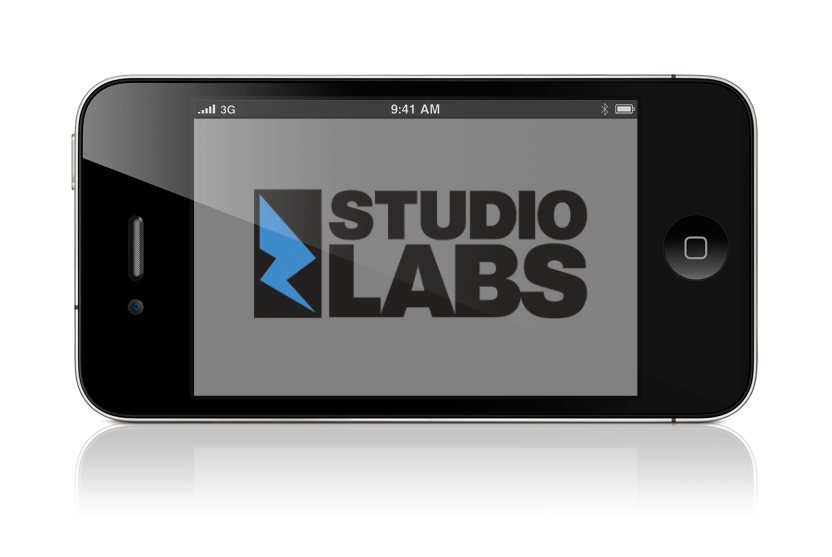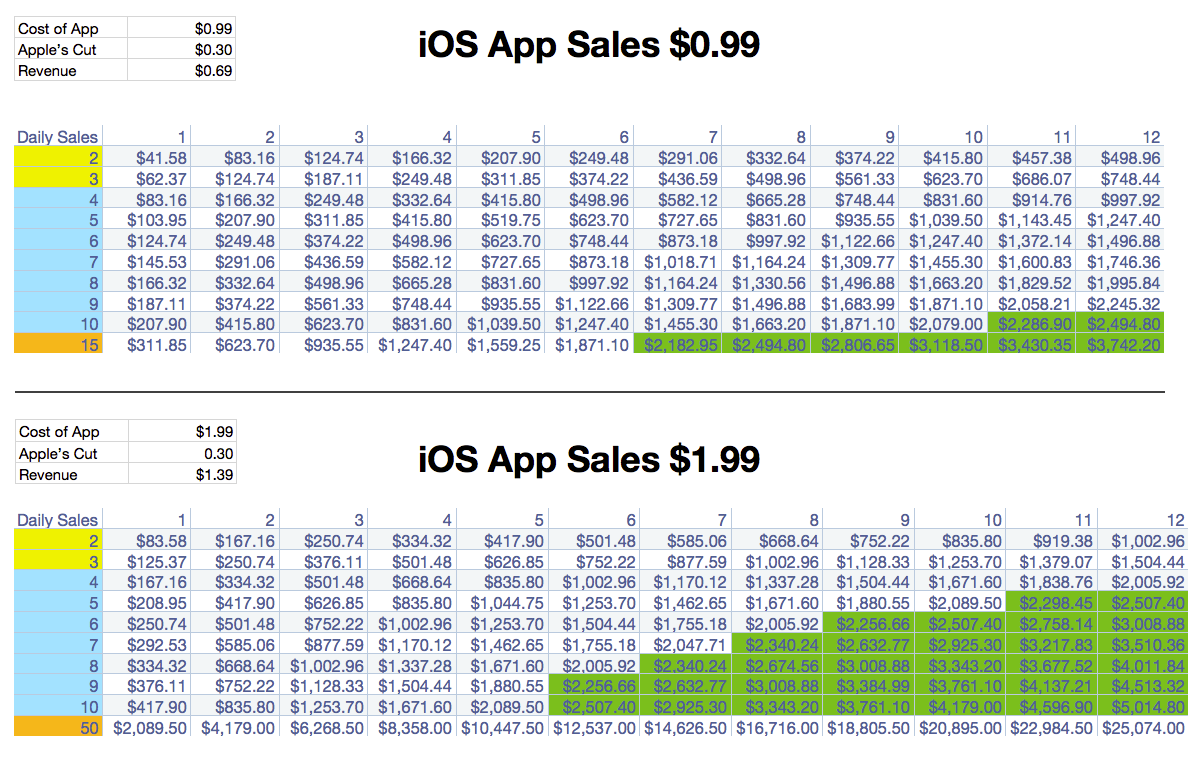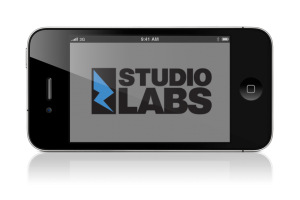Game Dev Part 1: Starting Out

Welcome to the first part of our series on developing a game for iOS and Android. We’ll go through the process of starting from scratch: developing the concept, planning, architecture, graphics, testing, deploying the game and more. This is a full featured game, not a simple demo game. While the series will touch upon a bit of code, it’s not going to be code intensive. We’ll use code snippets to simply illustrate concepts and functionality as we build it out. Hopefully, everyone can follow along and see how we develop games.
The beauty is, we don’t already have everything planned out, so you’ll get to see us come up with solutions, change direction, refactor code, and maybe make a few mistakes along the way.
Be sure to subscribe to the blog or like us on Facebook to follow along. I’m also on Twitter.
Start Early, Start Often
The decision to start a game shouldn’t be taken lightly. If it’s your first game, start small. Potential game developers tend to be overly ambitious and get quickly overwhelmed when the reality of the creation hits them. While we’re not necessarily veteran game developers, this is not our first game. Even so, we’ll start off small and iterate to show how we approach development of this scale. This is our approach but certainly not the only one.
Coming Up with the Game’s Theme or Story
It’s extremely difficult to sit down and come up with a game in one sitting. For me, the process involved looking at a lot of games out there and picking my favorite elements of each, and thinking about how that would be built out. Whenever I see apps or games, I always think how it’s built and try to dissect it to see how someone might have built it out. I also couldn’t get it out of my head for the longest time, so I knew the motivation was there.
I’m a fan of post apocalyptic movies and other media (George Romero movies, The Walking Dead, etc). I find it extremely interesting, as a programmer, that if the world as we know it ever ended, what would a guy with computer skills do? I’d be one of the least useful people with that skill set. This is something I’ve been thinking about for years and have a real interest in.
I also love the Final Fantasy type games. The XCom series of games are still my all time favorite. Both of these games are role playing games (RPG) with turn based fighting, albeit very different approaches. This breaks down into having characters that all have characteristics and a fighting system that uses those characteristics, mixed with some randomization and probabilities and enemy intelligence (we’ll cover the topics of combinatorics and computer AI in later posts).
So, I want to build a post apocalyptic role playing game with some turn based combat. That’s a great beginning and it’s all we need to get started. Story is important, as well as depth of game play, replayability and ultimately monitization, but that’ll come later. We might even decide on a different combat system as we flesh out some of those details. We haven’t started coding yet, so changing our mind is as simple as crossing something out and writing down something new.
Requirements
We want to build the app for iOS and Android. While we could do this in OpenGL ES, we’re looking for a little bit of a faster build time and 3D graphics might be over kill for what we’re building, especially if we don’t have a 3D artist to help. In our case, we actually do have a 3D artist, but that gets expensive very quickly. Instead we can stick with a 2D game, and fake the 3D by scaling objects down that are far away and scale them up as they approach the screen.
Again, we don’t want to spend forever building this out, so let’s use an SDK that allows us to code once, and build natively for both. In this case, we can use Corona SDK which allows us to code in the programming language Lua (usually used as a scripting language for gaming engines) but compile to native Java and Objective-C for the Android and iOS platforms respectively.
We’ve used other SDKs in the past, but Corona SDK allows us the fastest build time while still leveraging hardware features of the two platforms. This is something HTML5 can’t do yet and the experience is always subpar.
We’ve been using Corona SDK for years for our previous games, but I’m not using it because I’m familiar with it. I invested a lot of time in learning Libgdx and figured I’d be alright deploying just to Android since its iOS capabilities are brand new and not mature, and require an additional $350 license for a 3rd party to make it work. I don’t like having to jump through hoops with my tools. So it wasn’t the right tool for the job for that, as well as other reasons. Corona SDK, while it doesn’t have the 3D capabilities that Libgdx has, we don’t need it for this particular game.
Budget
We have designers, but they cost money. We have 3D capabilities, but that costs money. We need an SDK to build fast 2D games, which costs money for the license. We need sound and music, which costs money.
To get started however is free. It doesn’t cost us anything to write down our ideas, architect the app and build the story. Even then, to use Corona SDK, is free until you want to deploy and test on a device (something that’s only needed right away if your app uses the accelerometer or other hardware specific features like that, that the simulator can’t simulate).
SDK
For the Corona SDK, we’ll eventually need a license, which is $349 (cheaper if you’re a student). But since we don’t need this until the end, this won’t stop someone from building a game.
Music
For past games, we’ve budgeted about $250 for quality, royalty-free music and sounds. Of course you can always find free music and sounds, and this may be more within your own budget.
Graphics
Most games require custom graphics so this is going to be the biggest hit to our budget. Since we don’t know what we need yet, we’ll pull from past experience and try to limit our graphic needs to about $1,500 for now. That may be unrealistic, but we can work within that limitation and work smart to keep that price down. If you don’t set boundaries early, you’ll find things tend to balloon quickly.
Programming
In reality, this would be the biggest expense. Since I’m doing all the coding myself, it’s technically free, but I do hope to get paid and feed my family. I’ll keep track of my hours for development (something we do for every project), so I’ll know the theoretical cost of development. It’ll also give you an idea of how long each thing takes to build out.
Financial Projections
If we sell the app for $0.99, we’ll have to sell 3,030 copies to make $3,000. If we sell the app for $1.99, we only have to sell about half of that (1,508). I’ve created a spreadsheet to illustrate this for more combinations of prices. I also included time, to show how many months it’ll take to recoup that cost, based on average app sales per day. For example, if we only had 5 app purchases a day, on average, it would take a year to recoup that cost at $1.99.
I’ve created a spreadsheet to illustrate this for more combinations of prices. I also included time, to show how many months it’ll take to recoup that cost, based on average app sales per day. For example, if we only had 5 app purchases a day, on average, it would take a year to recoup that cost at $1.99.
If we do decently and we can get 50 downloads a day, we won’t need to worry about the cost as we’ll recoup that in our first month. After that, we’re still only making $25,000 in a year. It’s not hard to get 50 downloads a day, but it does take a lot of work.
As I like to say, it takes a lot of one dollar downloads to make a living. In the above case, we’re simply talking about costs, not profit. After costs, comes the profit of course. You’ll have to determine how much money you want to make, or how many downloads you think you’ll get and see if it makes sense for your budget. If not, lower the budget. But it’s a good tool to firmly plant you in reality.
Game Revenue
As I said, I’d love to make some money instead of spending it (we are a business after all), so how do we monetize it? I’m a little sick of companies offering games for free and then nickel and diming you for every little thing. Does it work? Oh heck yes. Does it make for a good gaming experience? Not really. People will pay for good content, so let’s focus on that first.
As we build out the game in more detail, opportunities may present themselves that make sense. Otherwise we’re not going to shoehorn something that doesn’t match the game model.
Market Research
Does a game like this exist? Simple answer: yes. So what makes ours different? We’ll have to figure that out. In the mobile world, everyone has short attention spans, so games tend to be quick arcade-like games. You get in, you get out. You play then while you’re in line at the DMV, you play then in between your connections at the airport. I do believe the platform can support games that people want to play as they do with regular console games. The problem is, there’s not a lot of games that have deep story lines. Everyone is trying to make a quick buck, appeal to the casual gamer and move on to the next project. Well I’m not a casual gamer and I believe there are a ton of people out there like me who want a more involved game. Plus, with a low budget, we don’t necessarily need to make that quick buck.
Conclusion
So we’re going to build a post apocalyptic role playing game, with turn-based combat, in Corona SDK, for about $2,100.
Will we make the top 100 list? Probably not. Do I care? Not if it affects the fun of building a game and the enjoyment I’ll get when people play it. Luckily, I’m not a starving mobile developer and do quite well with my mobile development company here in Idaho.
In the next post, we’ll talk about brainstorming ideas and requirements and concepting the game to bring it out of the fog my brain and into something more tangible. You see the process, rationale, and decisions made to create the overview of the game as well as the scaling back and limitations we’ll place on the game to stay within budget and release the app in a reasonable timeframe. So let’s start building a game that we’ll enjoy building and see where we’ll end up.
Please leave FEEDBACK!
I’m doing this to help others, since others have helped me. Please leave comments below so I know how I best help tailor the series to your needs and interests. Even if it’s just to say hi, I’d love to hear from you.
Don’t forget to subscribe to the blog or like us on Facebook to follow along. I’m also on Twitter.

Heya, enjoyed reading some of your posts. I’m beginning to play with Lua and it’s fascinating seeing what experienced programmers can go with it.